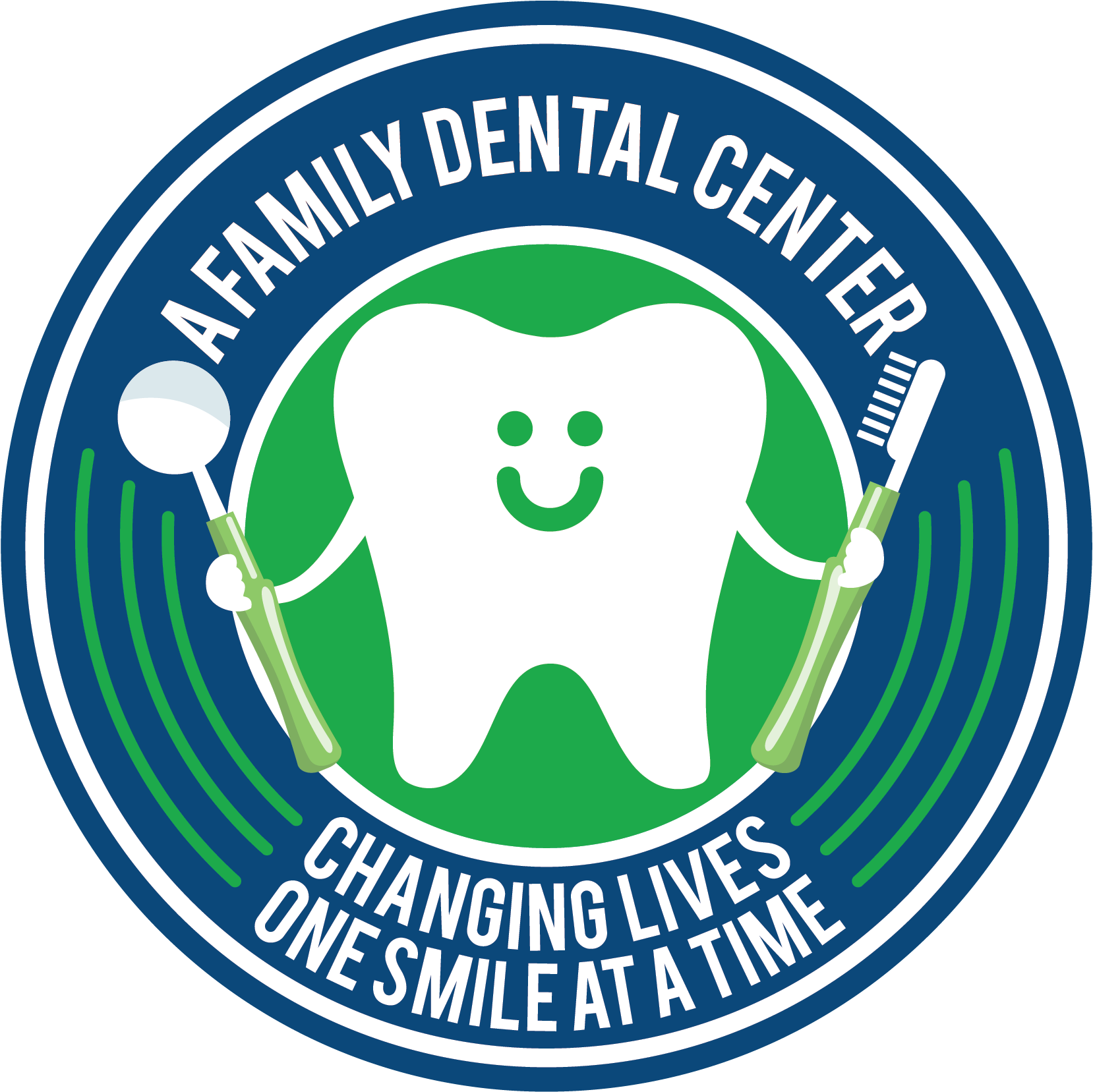
Dental Veneers for Cosmetic Dentistry
The 21st century has allowed a lot of creativity and innovation in the practice of medicine. Dental care is now more effective than ever before. With cosmetic procedures increasing in popularity, there is something for everyone.
What Are Dental Veneers?
If you visit Dr. Andrew Mohlman for dental care, he will tell you that venerate the most resourceful dental appliances for aesthetic modification of teeth. They feature thin layers of porcelain material applied on the surfaces of teeth to alter their appearance. The appliances are used majorly for esthetic elevation rather than restorative dentistry.
What Are The Uses Of Veneers?
Different dental problems can be corrected using veneers. The only requirement is that a dentist thoroughly observes the state of your teeth to determine whether or not you qualify for veneers. Some of the dental problems that veneers resolve include:
- Chipped or broken teeth – following an injury, part of your Tooth’s enamel can chip or break. Particularly on front teeth, this becomes an esthetic problem. Veneers can be molded in different shapes and sizes to restore a broken tooth making it look fuller and more appealing to the eyes.
- Decayed teeth – when veneers are used for tooth decay, they are considered a type of dental filling. Usually, they are used as inlays and onlays. They are placed partially in the decayed part of the tooth, to complement the appearance as well as fill a tooth to prevent further decaying.
- Discoloration of teeth – stains can be the leading cause of ugly teeth. This is especially when the stains happen on the front teeth. Sometimes, the process of professional teeth whitening can clear out the stains. However, patients may opt for veneers out of preference, as a less invasive process. Sometimes, a dentist may recommend the porcelain veneers when the stains on teeth are very stubborn to be removed with whitening gels.
- Spaces between teeth – it is not always that teeth grow properly. Orthodontics exist to help solve such problems. However, given that orthodontic treatment takes time to yield results, oral veneers are offered as an alternative. They can be used to cover the spaces formed between teeth by working on adjacent teeth to improve their shapes.
- Short teeth – some people have unusually short teeth. This gives them a gummy smile, even though their gum tissue is rightly placed in the mouth. Such can be corrected with veneers. They can be molded to lengthen the size of teeth. While at it, veneers are also used to alter the shapes of poorly shaped teeth.
What Are The Pros & Cons Of Veneers?
Everything in life presents advantages as well as disadvantages. For veneers, it is the same. Weighing out the pros & cons can help you decide whether or not the treatment is best for you.
Advantages of Veneers
- Noninvasive process – when compared to alternative dental treatments, veneers are less invasive. For example, unlike with dental crowns, you get to retain a lot of your natural tooth’s structure.
- Aesthetic improvements – veneers have a cosmetic advantage in teeth treatment. Besides, the color of the porcelain veneers makes your teeth whiter and brighter, for a better smile.
- Gum tolerance – it is not every day you come across a material that does not irritate the gum tissue. Porcelain plays well with the gum tissue, and rarely will patients react to the material.
- Stain-resistant – compared to other materials, porcelain resists stains much longer and better. This ensures your hold on to your perfect smile for a long time.
Disadvantages of Veneers
- They easily chip – since only part of the tooth is covered with the material, they can chip easily.
- They cannot be repaired once they chip – this means that the process is irreversible unless you consider a while different treatment following the chipping of the veneers.
- They may cause tooth sensitivity – because part of the tooth’s enamel is shaved to make room for the veneers. The sensitivity is mostly when you eat hot or cold foods.
- They do not play well with hard foods or substances like chewing fingernails and pens, or even teeth grinding. People who clench their faces a lot or grind their teeth at night are in fact not a perfect choice for this treatment.
